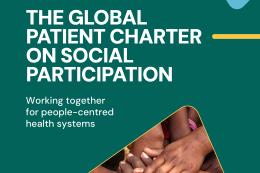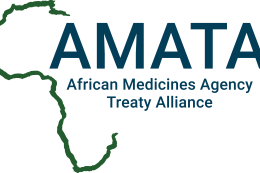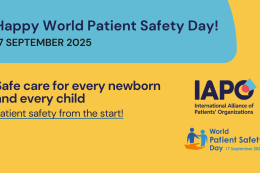The Internet and Patient Empowerment

The report also noted that surfing the net for health information is the third-most-popular online activity, leading the authors to write that, “The internet is the biggest medical library in the world. It has transformed the way many health seekers find health information.”
A Lack of Trust
To understand how patients become empowered patients, it is useful to note that issues of trust are largely driving their transformation. People, by and large, do not trust the healthcare system; 46 percent of patients do not tell their doctor the entire truth about their health conditions or lifestyle, mostly because of the fear of judgment.
Stories of unsafe drugs and medical errors — and, of course, the rising cost of healthcare — have led patients to insist on knowing more about their medical conditions and treatment options. Furthermore, patients want this information backed up by sound evidence. The internet has helped patients become more proactive in making treatment choices, reshaping healthcare into a more “patient-centric” industry.
What the Internet Has Done for Patient Empowerment
It has been noted that people from all walks of life see patient empowerment as a positive thing. Patient advocates see it is a right, an integral part in the equalization of the doctor-patient relationship. Those who deal with healthcare economics see it as a way to reduce overwhelming costs. Healthcare providers themselves recognize it as a way of improving outcomes and quality of life for their patients.
There are several examples of internet-driven patient empowerment playing a positive role in health outcomes. The Association for the Advancement of Artificial Intelligence (AAAI) cites examples of programs in which increased knowledge of diabetes management helped patients better recognize signs and symptoms of high and low blood sugar and manage those episodes more skillfully. Patients were also able to better use their medication, interact effectively with healthcare team members, seek useful information about their condition, and use relevant community resources.
Proud2BMe, an e-community for patients struggling with eating disorders, is another example of patient empowerment through internet directives. A study to understand the effects the community had on healthy behaviors and attitudes of 300 members found that the exchange of information and experiences with others, along with the recognition and acknowledgment of a mutual problem, were frequently reported as helpful. The most empowering outcomes for patients were that they felt better informed, increasingly optimistic, and increasingly knowledgeable about healthful behaviors.
According to a study on patient empowerment published by the Journal of Medical Internet Research (JMIR), patients suffering from lower back pain with access to internet-based education on pain management, patient empowerment, and overall health outcomes reported significant increases in their levels of self-empowerment as well as a significant reduction in medication misuse.
While the internet has obviously made a difference in the way that patients educate themselves to make healthcare decisions, there are still drawbacks.
Caveats to Consider
The AAAI study notes that the concept of patient empowerment through the internet is dependent upon the personal skills of the patient, including not only basic reading and writing comprehension and numeracy, but also critical thinking and judgment skills that allow a patient to make informed and educated choices about their healthcare and the information they find. This might not be possible for vulnerable populations, such as patients with low education levels or limited proficiency in English, who are of low socioeconomic status, or who have limited access to the internet.
Researchers writing for the Indian Journal of Medical Sciences (IJMS) point out that another major roadblock to patient empowerment through internet use is the lack of accuracy of online health information. Research also indicates that few patients — only around one in four — check the reliability of health information sources thoroughly and that, overall, patients have overinflated confidence in the information they find. The IJMS study also notes that for commercial and other reasons, search engines can be biased in ways that patients are not always aware of.
To avoid becoming misinformed, IJMS authors emphasize the fact that to guarantee patient empowerment through the internet, patient education on which sites to research and rely upon for accurate and up-to-date information is necessary. It is also important to understand that, because of issues such as functional illiteracy, poor language skills, and lack of access to modern technology, empowerment might be more difficult — though not impossible — for more vulnerable patient groups.
Patient empowerment can increase the quality of life for patients and allow them to better manage their health conditions, and it also has the potential to reduce healthcare costs and improve the quality of the current delivery system. But in order to do so, extensive patient education may be necessary to ensure that patients have the literacy, numeracy, and critical thinking skills needed to successfully use the internet for self-education.
The Clinician Today, a platform in which fellow healthcare professionals come to share insights into the various topics that affect their daily lives, and beyond. Get insights into healthcare trends, news, careers, and culture all from fellow professionals in the space.


